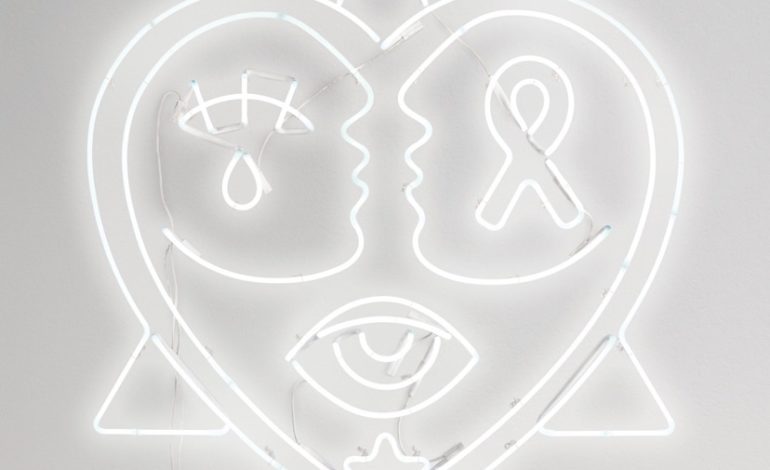

Legendary producer teaches us to love
Butch Walker has enjoyed a long and colorful career in the music industry. Originally from rural Georgia, he moved to LA in the 1980s and played in several bands to varying degrees of success. But none of them permanently stuck, so in 2001 Walker decided to shift to a solo career, releasing his debut album Left of Self-Centered a year later.
In the modern era, Walker’s original material is largely overlooked, because nowadays he’s best known for the multitude of songs and albums he’s produced and written with famous artists. His credits include rock bands (Fall Out Boy, Weezer, Panic! At the Disco), pop artists (Taylor Swift, Pink, Katy Perry) and even country (Keith Urban). He’s never stopped releasing solo albums, though, (all self-produced), and while they haven’t achieved much commercial success, they’re good enough that he’s earned a decent cult following. His newest one, American Love Story, continues this trend.
We learn early on that American Love Story isn’t just another collection of songs: it’s a rock opera detailing the cultural gaps in modern America, influenced by both the casual racism Walker saw in his own small town growing up, and the overt bigotry seen everywhere in the age of Trump. As a whole, the music is surprisingly upbeat, despite deep and thought-provoking lyrical content.
Opener “Gridlock” is a chill rocker about the horror of the modern political divide. “Flyover State” introduces our central character: a middle-aged racist man. Weirdly enough, we hear him describe this over Cake-style speak-singing and sunny ‘80s power-pop synths. He details his bigotry further on “6 Foot Middle-Aged American Man,” spewing slurs over a modern indie beat.
But then our protagonist gets in a vicious car accident, and his life is saved by a gay man he used to bully in elementary school, turning his previous worldview upside down (detailed on the foot-stomping “Torn in the USA”). Slowly, he learns to tolerate different people; and falls in love and gets married. And when his son comes out as gay years later, he accepts him with open arms, detailed by the sunny disco anthem “You Gotta Be Just Who You Are.”
Sadly, his wife dies at the end of the album, but as he says goodbye to her on the beautiful “Forgot to Say I Love You,” we see how far this man has journeyed from a life of hate to one of love, and it’s a beautiful thing. Walker’s main point is that even the worst people on the surface can be changed for the better, so we shouldn’t give up on anyone. Throughout the record, someone asks, “are we having a conversation?” We certainly did, and we’re all better people for it.
